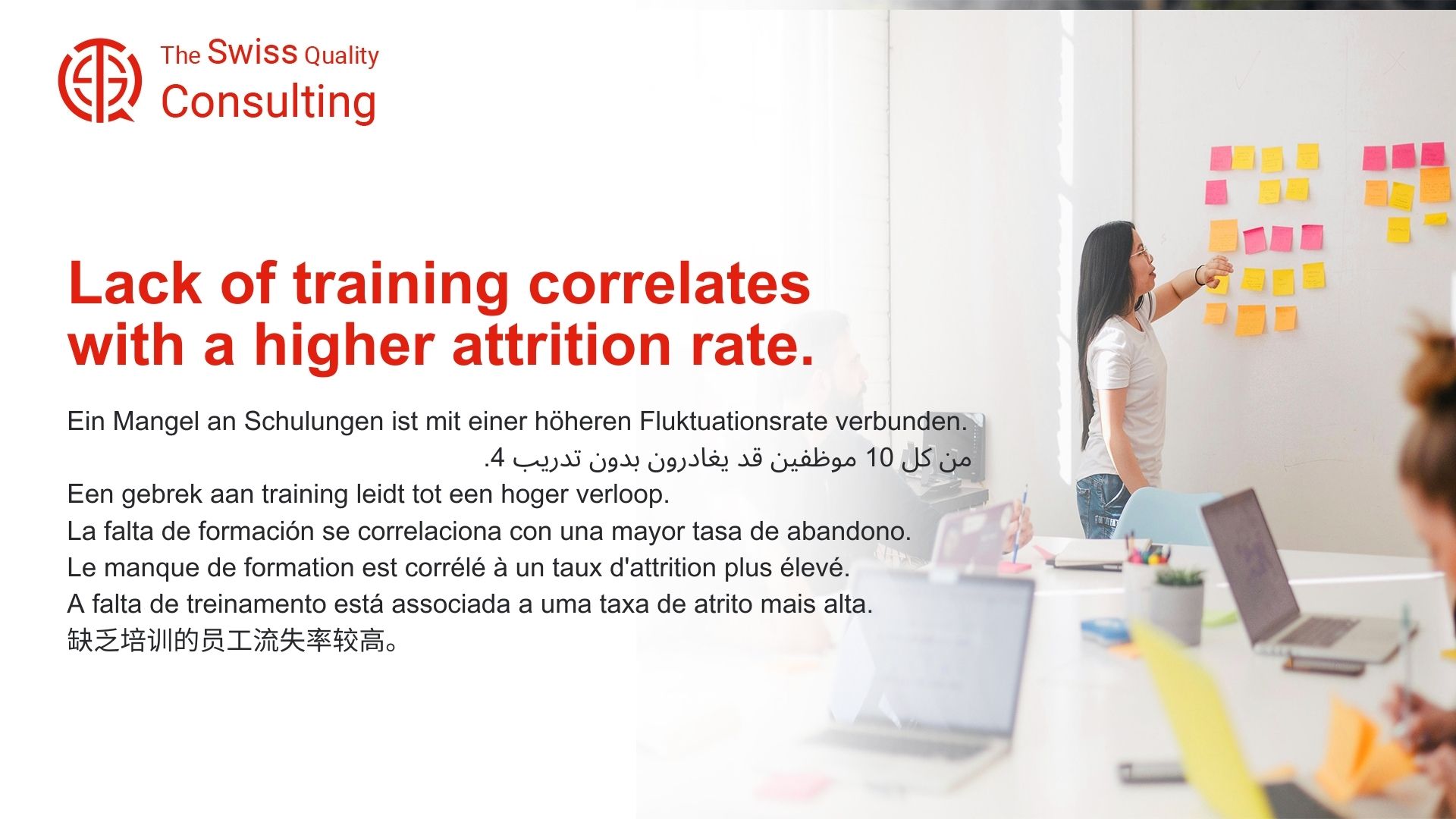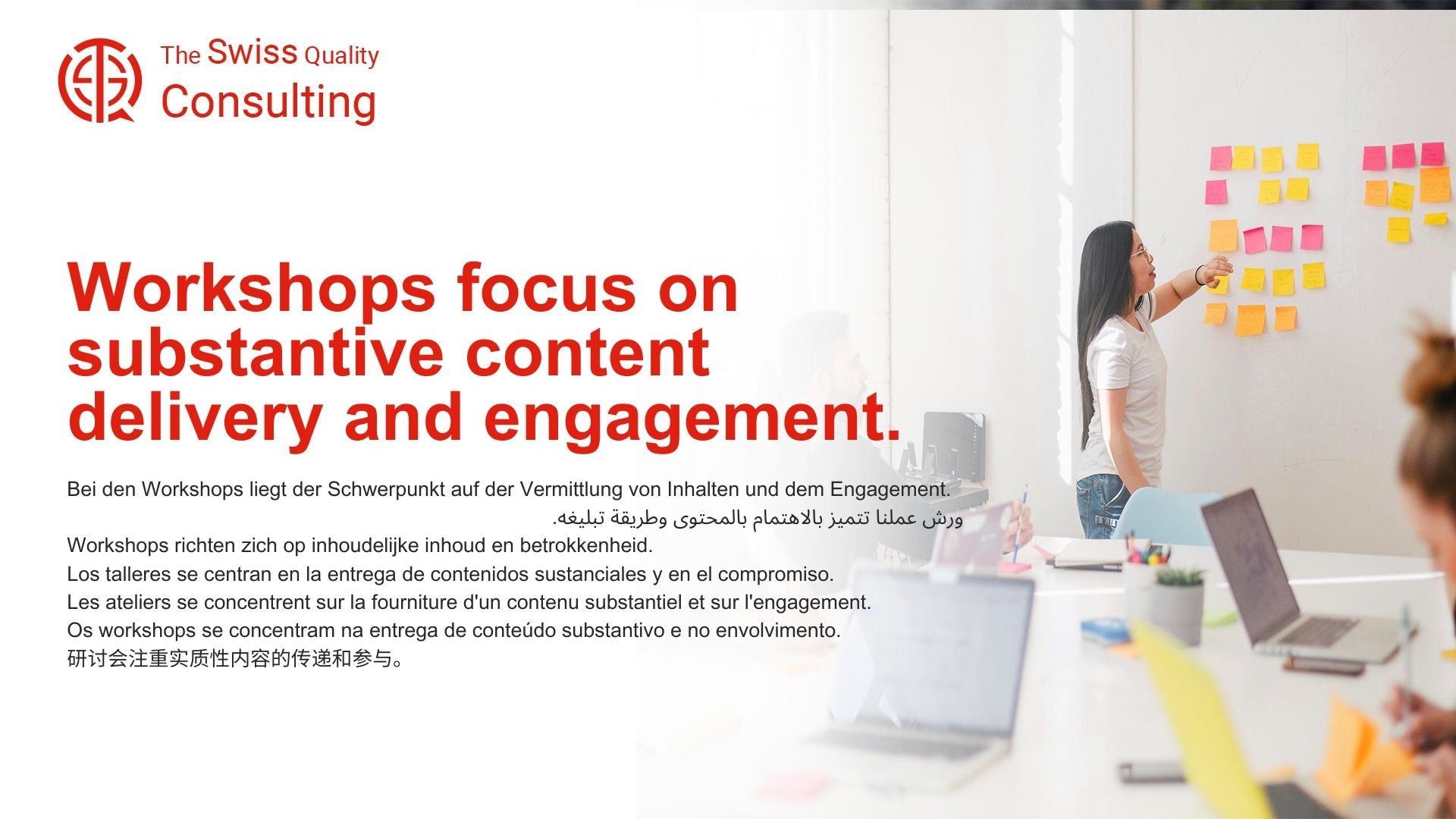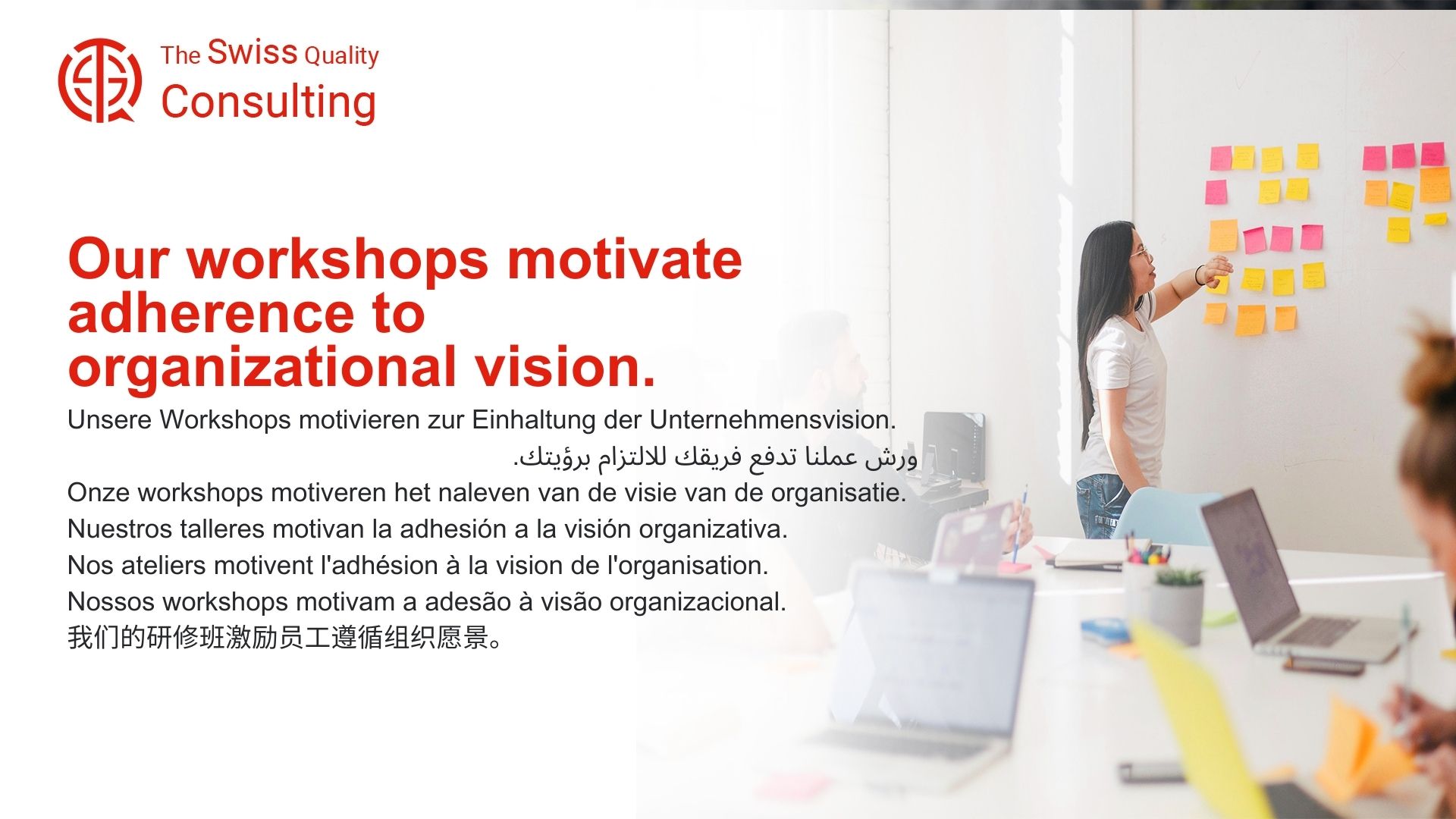Enhancing Financial Management through Advanced Tracking Systems
In the current competitive business landscape, maximizing profitability with cost-tracking tools is essential for sustainable growth and success. This article explores the significance of employing cost-tracking tools in business operations, their impact on financial management, and how they contribute to overall profitability.
The Importance of Cost-Tracking in Business Profitability
Effective cost management transcends mere penny-pinching; it serves as a strategic imperative for orchestrating unwavering cost excellence, building a future-ready enterprise, and empowering businesses to thrive in a resource-constrained and competitive world. This transformative approach empowers organizations to:
1. Achieve Unprecedented Visibility and Granular Cost Control: By leveraging advanced cost-tracking tools and data analytics platforms, businesses gain real-time, granular insights into all aspects of their spending. This empowers informed decision-making, pinpoints inefficiencies, and allows for proactive cost control measures across the entire organization.
2. Foster a Culture of Cost Consciousness and Shared Responsibility: By integrating cost management into every stage of the business cycle, organizations can cultivate a culture of cost consciousness where every employee understands the impact of their decisions on the bottom line. This incentivizes resourcefulness, promotes shared responsibility, and fosters a collaborative approach to optimizing spending.
3. Proactively Identify and Mitigate Cost Drivers: Advanced cost-tracking tools equipped with predictive analytics capabilities can identify potential cost drivers and predict future trends, enabling businesses to take pre-emptive action before issues escalate. This minimizes reactive firefighting, optimizes resource allocation, and safeguards against unexpected financial surprises.
4. Drive Continuous Improvement and Optimize Resource Utilization: By analyzing spending patterns and identifying areas for improvement, businesses can implement data-driven strategies to optimize resource utilization, streamline processes, and negotiate better deals with suppliers. This maximizes the return on every dollar spent, fuels sustainable growth, and empowers continuous cost optimization.
5. Enhance Profitability and Secure a Competitive Advantage: By prioritizing unwavering cost excellence, fostering a culture of cost consciousness, proactively mitigating risks, driving continuous improvement, and optimizing resource utilization, organizations gain a significant competitive advantage by minimizing costs, maximizing efficiency, and improving their bottom line. This translates to increased profitability, market share growth, and a stronger financial position.
6. Build a Future-Ready Enterprise and Embrace Unwavering Resource Stewardship: Investing in robust cost management solutions and cultivating a culture of proactive cost awareness future-proofs businesses by equipping them with the necessary tools and mindset to navigate the evolving economic landscape with confidence. This ensures long-term viability, safeguards against financial uncertainty, and empowers organizations to continuously evolve their cost management frameworks for enduring success.
Beyond Penny-Pinching: A Foundation for Unwavering Cost Excellence and Enduring Growth:
By embracing intelligent cost management and adopting a transformative approach, organizations unlock the true potential for achieving unwavering cost excellence, a future-ready enterprise, and enduring growth. This empowers them to gain unprecedented visibility, foster cost consciousness, proactively mitigate risks, drive continuous improvement, secure a competitive advantage, and build a future-ready enterprise, ultimately building a future where resource stewardship becomes the cornerstone of their success and every dollar spent fuels their journey towards sustainable prosperity and unwavering cost excellence.
Embrace the power of intelligent cost management and embark on a transformative journey towards a future where your finances thrive on unwavering awareness, your growth is fueled by optimizing every resource, and your success is a testament to the unparalleled power of wielding your financial resources with unwavering excellence.
Change Management in Implementing Cost-Tracking Systems
Integrating cost-tracking tools into business operations requires a well-planned change management strategy. This process involves selecting the right tools that align with business needs, training staff to use these tools effectively, and integrating them into existing financial processes. Successful change management ensures a smooth transition to more efficient and accurate cost tracking.
Executive Coaching for Effective Financial Leadership
Leadership plays a pivotal role in the successful implementation of cost-tracking tools. Executive coaching can empower leaders with the skills to understand and utilize these tools for strategic financial management. Coaching helps leaders to interpret financial data accurately, make informed decisions, and guide their teams in cost-efficient practices.
Effective Communication in Financial Management
Clear communication is essential for the effective use of cost-tracking tools. It involves educating the team about the benefits of these tools, how to interpret the data they provide, and the role of cost management in achieving business goals. Effective communication ensures that all team members are aligned with the company’s financial strategies and objectives.
Leveraging Technology for Enhanced Cost Management
The integration of technology, particularly in the form of cost-tracking tools, is vital for accurate and efficient financial management. These tools can automate various aspects of cost tracking, provide real-time financial insights, and facilitate strategic planning. By leveraging technology, businesses can gain a comprehensive understanding of their financial performance and identify opportunities for cost savings.
Conclusion Cost-Tracking Tools
In conclusion, maximizing profitability with cost-tracking tools is a strategic necessity for businesses seeking to improve their financial health and achieve long-term success. These tools provide valuable insights into financial operations, enabling businesses to manage costs effectively and enhance profitability. By prioritizing strategic cost management, businesses can realize their full potential and sustain growth in a competitive market.
#Profitability, #CostManagement, #FinancialTools, #BusinessStrategy, #Efficiency
















